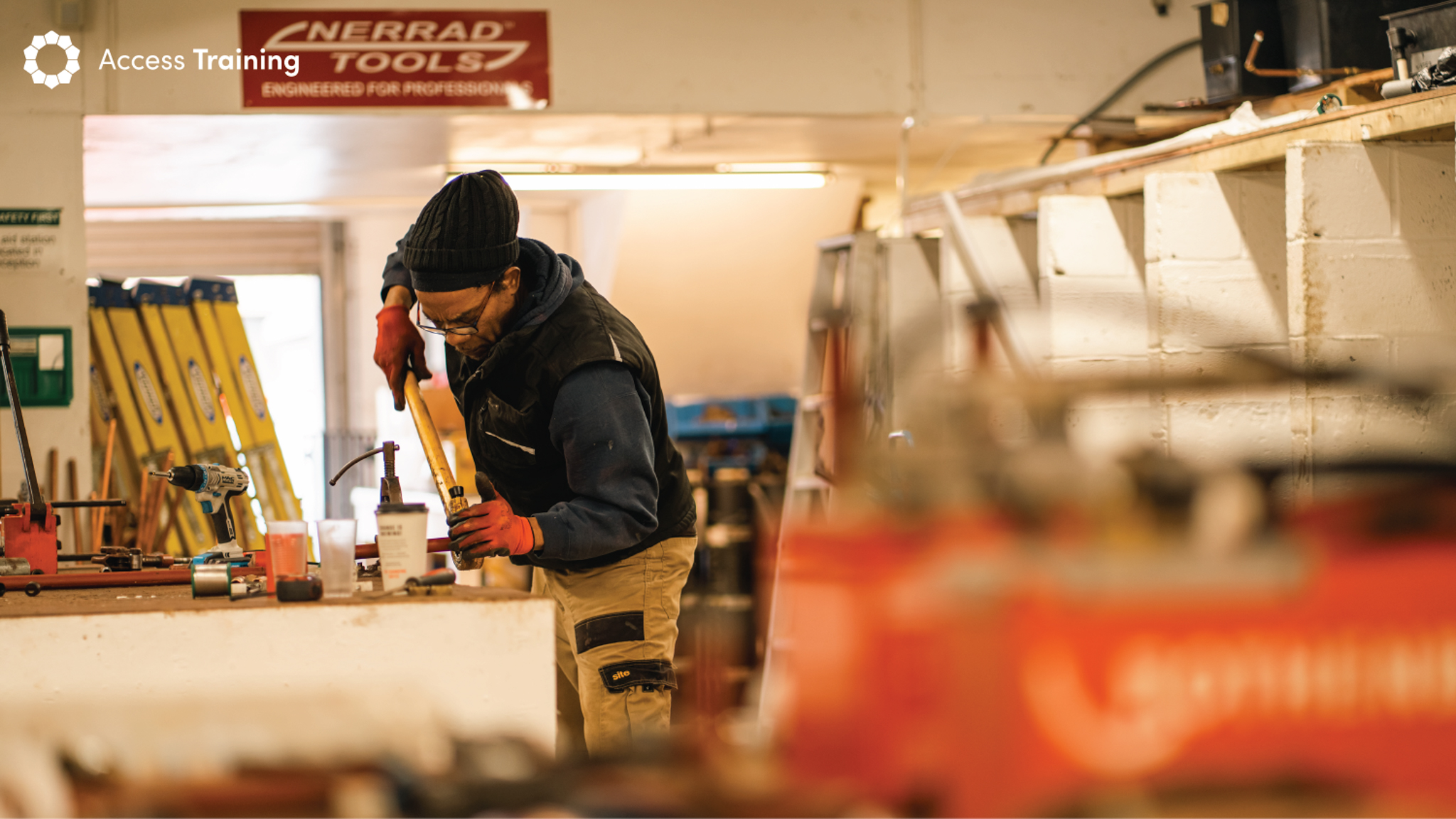
Has your job become stale and unsatisfying? Perhaps you've reached a dead end in your career, and feel that you aren't fulfilling your potential?
There are many reasons why your working life might have begun to feel dissatisfying, but many of these reasons can be resolved by taking action and becoming your own boss. Don't worry - you won't be alone!
Thousands of people in the UK alone have already taken the opportunity to change careers and work for themselves. Want to know why? Here are 5 advantages of being your own boss...
1. Choose your working hours.
Being your own boss means, first and foremost, that you can have full autonomy over your working week. This is a major benefit of becoming your own boss: you decide when you work and how long you work for, as opposed to spending most of your working day being told what to do and how to do it.
This autonomy means that you don't have to follow the orders of a nagging employer; furthermore, studies around the world have shown that the ability to choose one's working schedule improves general well-being at work, meaning you are more inclined to want to work harder and better.

2. Realise your full potential.
Having full control over your working pattern allows you to really push yourself and achieve your full potential. As well as having a flexible diary, you can also work as much or as little as you wish, without feeling confined or pushed to the limits by the standard 9-5 hours of your previous job.
This way, you can reach your full potential at your own pace, and being your own boss is the best way to achieve this.
3. Master your trade.
If your current career doesn't require any specific skills that you can develop or improve upon, you might begin to feel disengaged. The desire to have a skill or occupation that requires practice and patience - something that never comes to a dead end and is always giving you new goals and objectives to complete - is inherent in humans.
If you aren't working towards perfecting a certain skill, you might easily become bored and restless. Working as a tradesperson frequently brings up surprises or new challenges that allow you to keep enjoying and focusing on the work you're doing, meaning that you're always engaged.
Being your own boss means you can essentially choose what jobs you want to tackle, meaning each job is always different to the last in some way.
4. Gain a sense of purpose.
Having a sense of purpose is essential to maintaining your enthusiasm in your job. If you feel like you are easily replaceable and the work you do is of no great worth, you are more likely to lose interest in it.
Tradespeople are a vital, respected part of society and have been so since the beginning of modern civilisation. For as long as a population grows and needs houses built, repairs made and new appliances installed, there will always be a place for tradespeople in society. So there is little chance of feeling undervalued if you start your own plumbing or carpentry business!
5. Take the brakes off your income.
If you are employed by someone else and receiving a fixed income, then no matter how hard you work, it will always be a struggle to raise your salary. However, one of the greatest benefits of being your own boss is that you have more control over how much you earn. When you're no longer at the mercy of annual performance reviews, your earnings will depend entirely on how hard you work and the opportunities you are able to find.
As your career progresses, you will be the one to reap the rewards, which will not only be of huge benefit to you financially, but will also give you a greater sense of achievement.
Hundreds of Access Training students have gone on to do just this and use the skills and qualifications they learned at our training centres to start their own businesses and enjoy the freedom that this brings.
Browse Trade Courses >
If you've had enough of working for other people and seek the freedom that comes with being your own boss, enquire today about a course at Access Training or call us on 0800 345 7492. With the help of our course advisers, you're bound to find the right trade course for you.